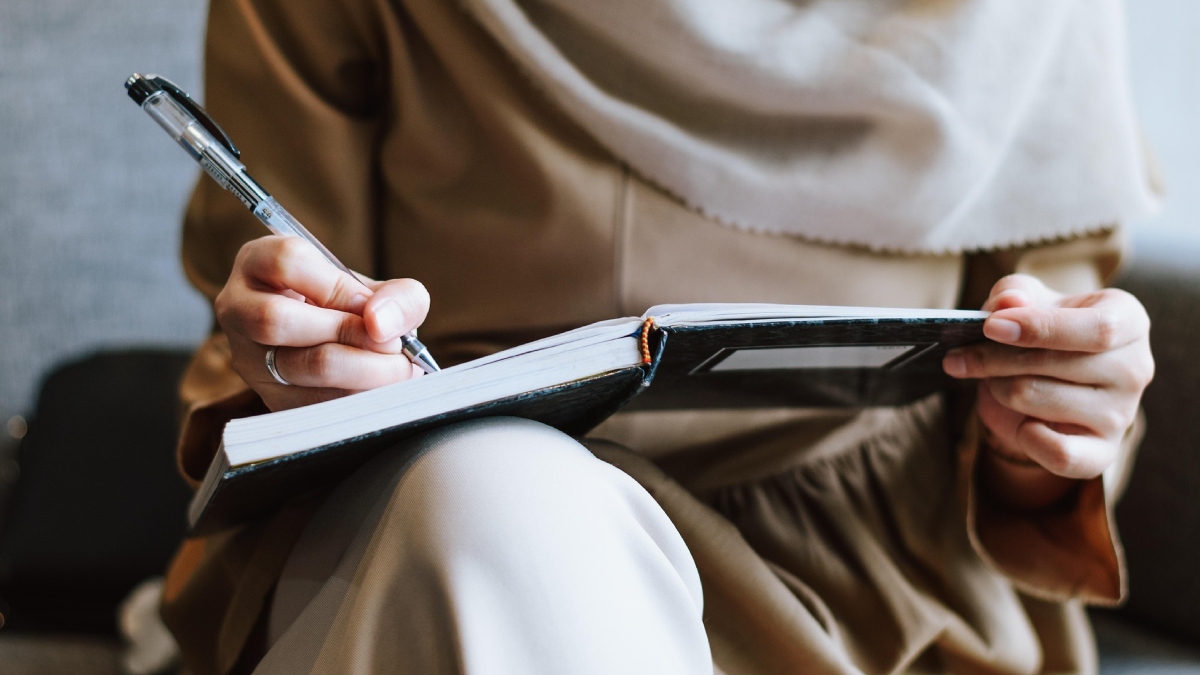Dubai’s Knowledge and Human Development Authority (KHDA) has announced a new policy requiring Arabic language education for all children from birth to six years old in private schools and early childhood centers.
The initiative will be implemented in phases, starting in September 2025, with the first phase covering children aged four to six. Over the following years, the policy will expand to include all children within the specified age range.
According to KHDA, the policy aims to foster Arabic language skills from an early age, making learning interactive and culturally enriching. Fatma Belrehif, CEO of KHDA’s Education Quality Assurance Agency, emphasized the importance of Arabic in the UAE’s cultural identity. She stated that the initiative will help both native and non-native speakers develop a deep connection with the language and culture of the country.
Schools and early childhood centers must integrate play-based, inquiry-driven learning models and ensure that at least one-third of instructional time includes an Arabic teacher. Institutions must also hire qualified Arabic instructors and support them with professional development. Additionally, parents will be encouraged to reinforce Arabic learning at home.
Alongside this policy, KHDA has updated guidelines for teaching national mandatory subjects—including Arabic, Islamic Education, Social Studies, and Moral Education—for students from Grade 1/Year 2 to Grade 12/Year 13 in Dubai private schools. These changes, which involve increased instructional time and adjustments to the language of instruction, will take effect in September 2025 for schools following a September academic year and in April 2026 for those starting in April.






